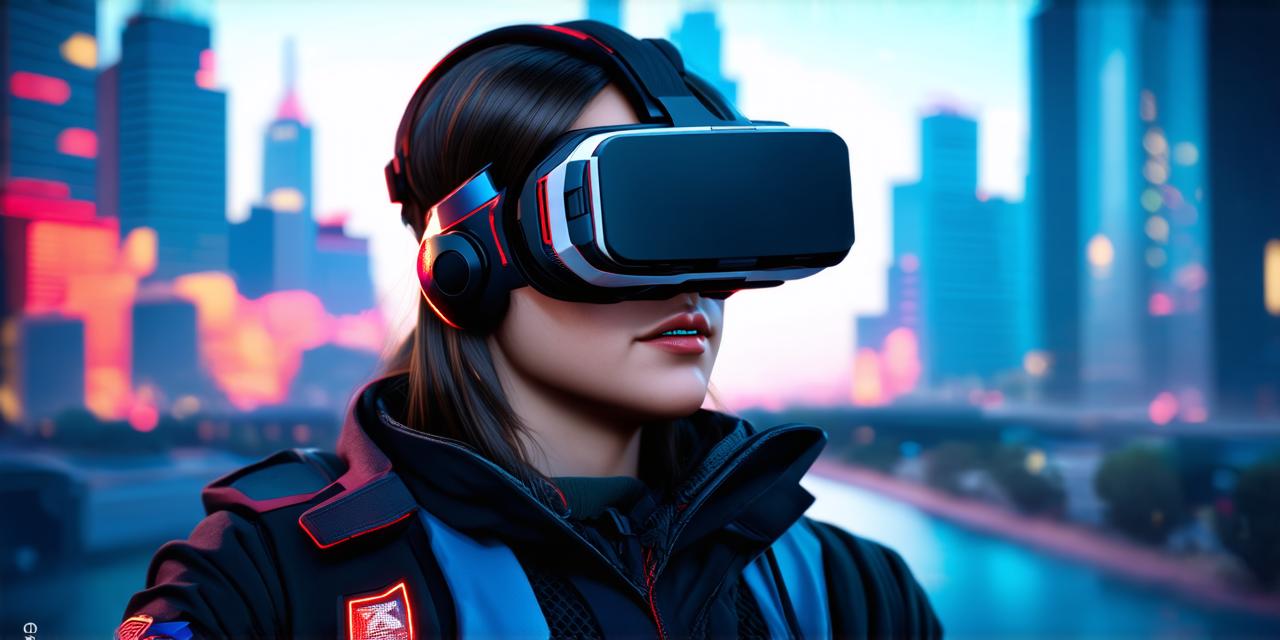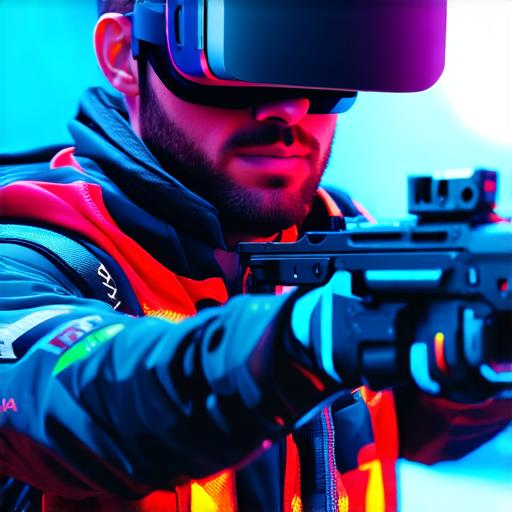
In which sector is virtual reality applied?
Virtual reality (VR) technology has gained immense popularity in recent years due to its ability to create immersive and interactive experiences for users. VR is a computer-generated simulation of a three-dimensional environment that allows users to interact with virtual objects, providing a realistic and engaging experience.
Gaming: The Most Obvious Application of VR Technology
Gaming is undoubtedly one of the most obvious applications of VR technology. With VR, gamers can immerse themselves in a virtual world and experience their games in an entirely new way. Games such as “Beat Saber,” “Job Simulator,” and “The Room” have already shown how effective VR can be in creating engaging and immersive experiences. Moreover, VR gaming technology is constantly evolving, with advancements in hardware and software making it easier to create more realistic and interactive experiences.
Healthcare: VR Technology Transforming Medical Treatment
Virtual reality technology has also found its way into the healthcare sector, providing new and innovative ways to treat patients. For instance, VR technology can be used for exposure therapy, where patients are exposed to their fears in a safe and controlled environment. This has been particularly useful in treating anxiety disorders such as PTSD and phobias. Additionally, VR technology can also be used to simulate surgical procedures, allowing doctors to practice and perfect their skills before performing the actual surgery on a patient.
Education: Enhancing Learning through Immersive Experiences
Virtual reality technology has the potential to revolutionize education by providing immersive experiences that engage students in a way traditional classroom learning cannot. For instance, VR can be used to create virtual field trips, allowing students to explore historical landmarks and other educational locations without leaving their classrooms. Additionally, VR technology can also be used to provide interactive simulations of scientific concepts, making it easier for students to understand complex ideas.
Entertainment: VR Technology Bringing New Experiences to Life

Virtual reality technology has also found its way into the entertainment industry, providing new and innovative ways to create immersive experiences for audiences. For instance, VR can be used to create virtual concerts, where artists can perform in front of a live audience in a virtual environment. Additionally, VR technology can also be used to create virtual theme parks, allowing visitors to explore different worlds and experience new adventures.
Architecture: Visualizing Designs with VR Technology
Virtual Reality is also being used in the field of architecture, allowing architects to visualize their designs in a more immersive way. This has led to more accurate representations of projects and has helped architects to better communicate their ideas to clients.
Tourism: Exploring Destinations with VR Technology
Virtual Reality is also being used in the field of tourism, where it can be used to create virtual tours of different destinations around the world. This has the potential to revolutionize the way people travel, by allowing them to experience new cultures and places without having to physically go there.
Sports: Training with VR Technology
Virtual Reality technology is also being used in the field of sports, where it can be used to simulate athletic events and train athletes. For instance, VR technology can be used to create virtual football matches, allowing players to practice their skills and strategies in a safe and controlled environment.
Summary: The Potential of VR Technology is Endless
Virtual reality technology has already found its way into several sectors and has shown immense potential in transforming the way we live, work, and play. As VR technology continues to evolve, it is likely that we will see even more innovative applications emerge across different industries. Whether it’s gaming, healthcare, education, entertainment or any other sector, virtual reality technology has the potential to change the way we experience the world around us.


